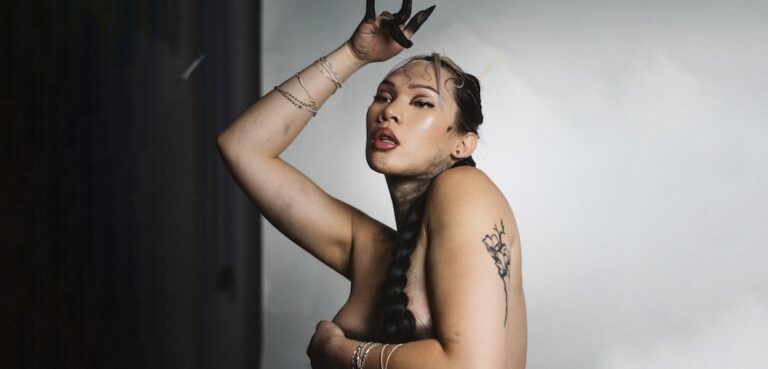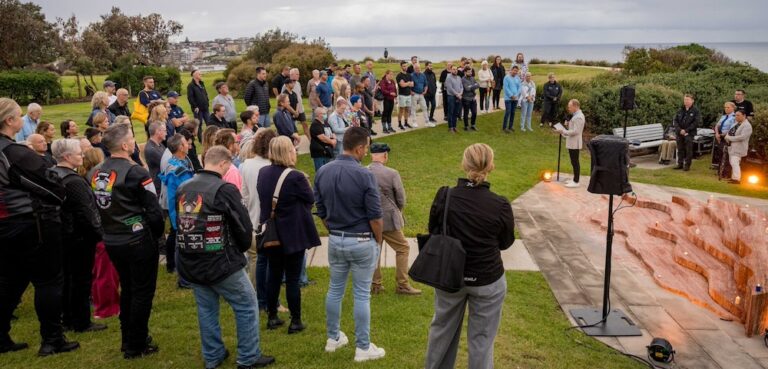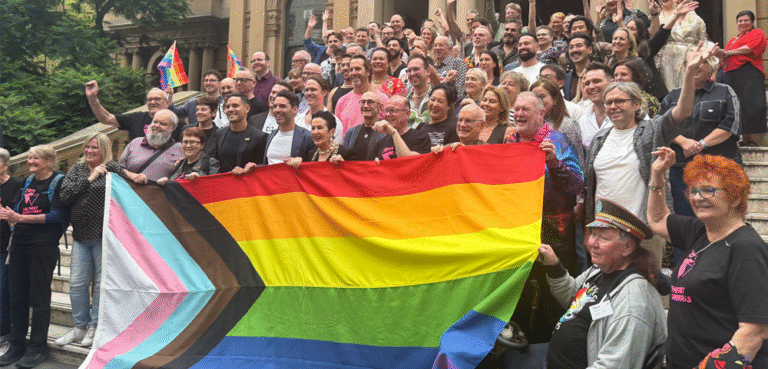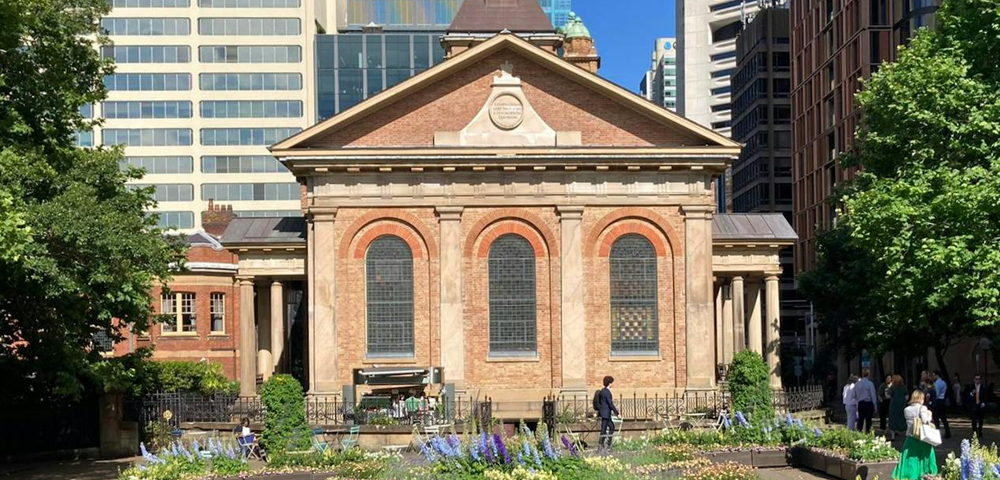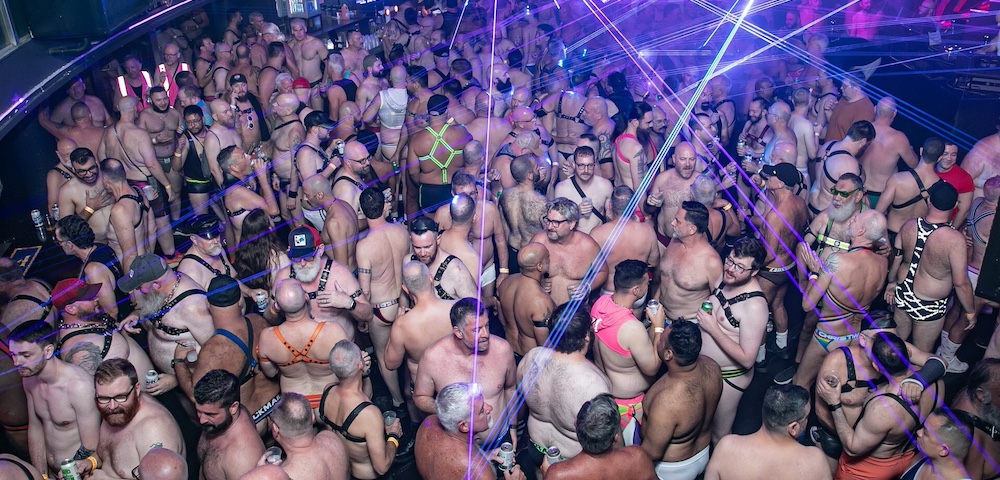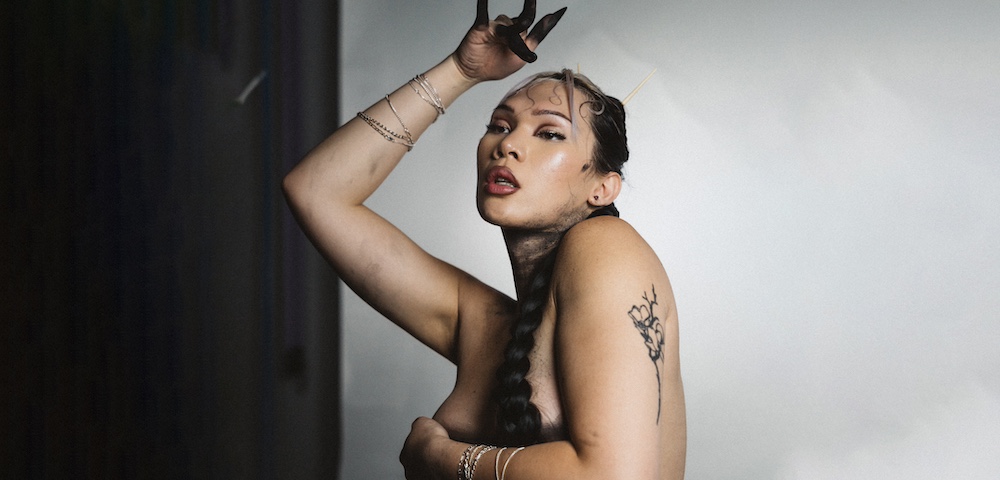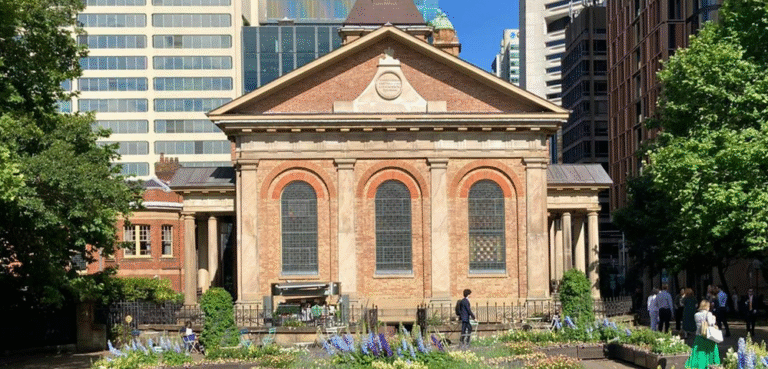
Capsis and his crowning glory
The crowning glory of one of Australia’s best-loved performers is the subject of a complex and heart-warming documentary titled Hair, making its launch on Tuesday as part of the Mardi Gras Film Festival 2012.
Sydney filmmaker Paola Morabito knew she was on to something profound when a chance meeting through comedian Magda Szubanski two years ago led her to star of the stage, Paul Capsis — a uniquely talented man with the voice of an angel, and the hair of, well, Paul Capsis.
“We were in a theatre watching a film, we turned around and there he was. I just looked at his hair and thought, ‘It’s his hair, not his voice’,” Morabito said.
It was a brainwave for the award-winning young filmmaker who was musing on the potential subject of her latest project — a commission from Matchbox Pictures (makers of The Slap) to make a documentary for their Anatomy series, a focus on artists who use parts of their body.
“When he said was interested and would love to work with me, I was like ‘Whoa’.”
Talking to the Star Observer between rehearsals in Melbourne, Capsis admitted the idea of using his hair — that famous stage prop — as the film’s subject was a far more interesting proposal than putting himself directly under the microscope.
“It was something different,” he said. “I had long hair for years and years, and it was pretty much my identity. I was working my hair into what I was doing on stage, plaiting it and tying it back it in various ways, instead of a costume change.”
Filmed over 12 days, in the emotionally turbulent years following the death of Capsis’ beloved grandmother Angela, the documentary reveals just how Capsis’ familiar shock of hair — and his momentous decision to cut it off — became such a defining part of his identity.
“People’s response to the hair was pretty wild, and it was mainly women. And people became quite possessive, saying things like, ‘Oh, you can never cut your hair’,” he said.
“It made me feel pretty trapped. And it made me want to cut it. But as long as I liked it, I didn’t care.”
According to Morabito, the process of filming Hair brought to light one of the film’s biggest comments, and something she thinks audiences will resonate with — how we each identify with masculinity and femininity, and ultimately accept the dual nature of our genders.
“We all identify with our gender, but we all have both sides in us, and it’s about accepting that,” she said.
“I think it got to the stage where Paul was sick of being defined as a woman, and he was having that identification, so he decided to cut it off, you know, and define himself as a man.
“But I think he’s discovered that he is neither of those things.”
In Capsis’ own words, after cutting it, “I felt an absolute freedom. I could now be multiple things and not just be about what I do on stage”.
“The other thing about it was that I never felt men were very attracted to long hair, so I was kind of getting to the stage where I didn’t feel it suited me, getting older,” he said.
There was also the matter of hirsute perils on the job; Capsis insisted on wearing his feisty mop au naturel during performances in The Rocky Horror Picture Show prior to cutting it.
“I wasn’t going to let them touch my hair or frizz it, you know, it’s like eight shows a week, for a whole year!”
Taking inspiration from the techniques of openly gay Spanish film director Pedro Almodovar in telling a story within a story, Morabito filmed Capsis as he was playing a transvestite — a woman — in All About My Mother (a play based on Almodovar’s 1999 film of the same name) while paralleling that story with Paul’s relationship with his own mother, Mary.
“I was surprised my mum got involved because she’s a very private person and normally she doesn’t talk about stuff, really. So I think the film helped that as well. And talking to Paola, she really liked Paola and had trust in her,” Capsis said.
“I was really proud of her during the film because she was really honest. She expressed the pain that we’d both been through, but something I didn’t know was she acknowledged (to Paola) that I had changed since my grandmothers’ death.
“It was the worst thing in my life that I’ve experienced. I was with her when she died and I think a part of me went with her because I wanted to go where she was. That’s how I felt, for a long time,” Capsis said.
“Cutting my hair helped me. It was a huge release from all this stuff. My grandmother never liked long hair and I always wished I had cut it so she could see it short.”
Morabito admits that a fond relationship was born out of filming on and off for a couple of years, along with the experience she and Paul shared of being second generation migrants and queer. The mutual respect is evident.
“I wanted to show his strengths, his complex character,” Morabito said. “And his sense of humour is really important, because he is hysterical! He is amazing to work with. Very giving and generous.”
While there are ”bits of it [the film] that confront me” Capsis agrees the rehearsal scenes show a joyous aspect to this “remarkable film” that he is happy to see.
“I don’t normally show ‘the process’ and how it comes together, because it’s always been sacred to me, like secret performers’ business. But I like it because it shows how much I love working and how much I like the people I’m working with.”
INFO: Paul and Mary Capsis, along with Paola Morabito, will attend the premiere of Hair on Tuesday, February 21 at Dendy Cinemas, Newtown. www.mardigrasfilmfestival.com.au
by Lynsey Hughes



